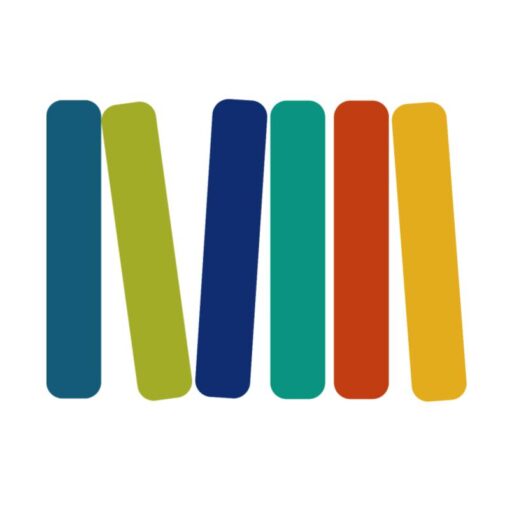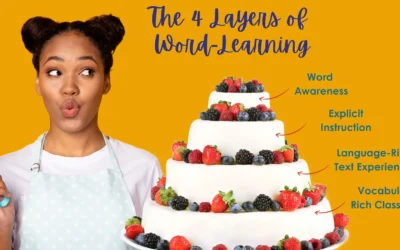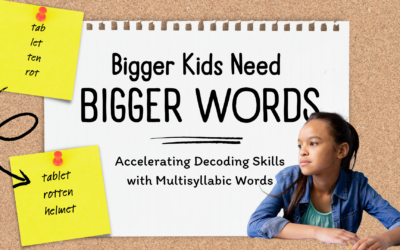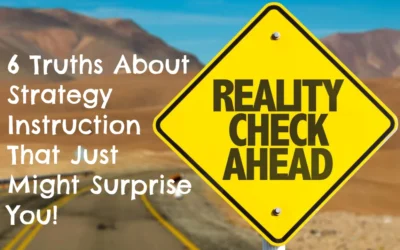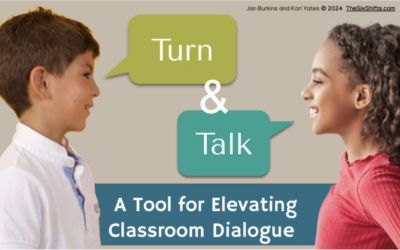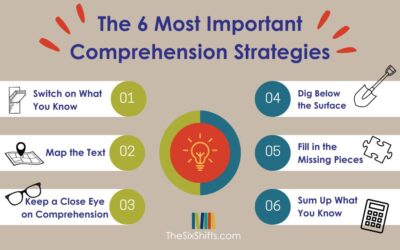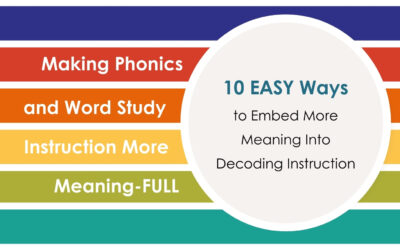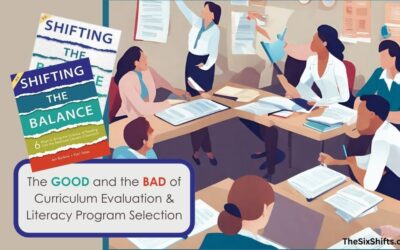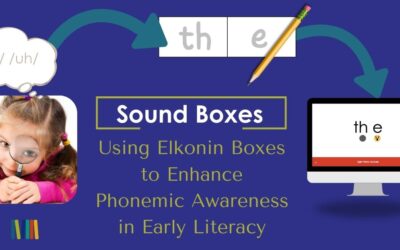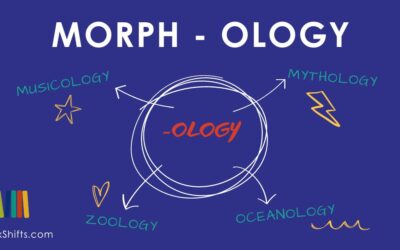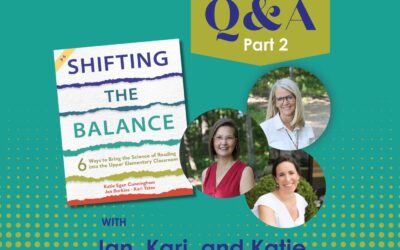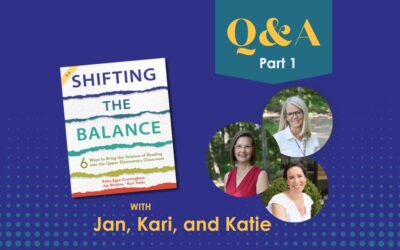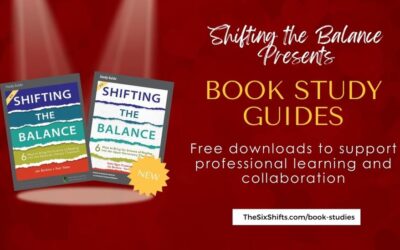Let us know if you’d like to stay connected with updates, information, and notifications of new content.
Layers of Vocabulary Learning: A Slice of Effective Vocabulary Instruction
In this post, Jan Burkins and Kari Yates present a model of effective vocabulary instruction in the elementary classroom that compares that instruction to a four-layer cake. Each layer of the cake aligns with an instructional strategy for vocabulary, such as explicit vocabulary instruction strategies. The post references their book Shifting the Balance: Bringing the Science of Reading into the Upper Elementary Classroom (co-authored with Katie Egan Cunningham). With references to both research and practical teaching moves, this post invites teachers to reflect on how well they utilize each of the four layers of the vocabulary instruction cake.
Phonemic Awareness vs. Phonics: Untangling Some Confusion
Understand their roles, explore practical examples, and learn the essential DOs and DON’Ts for effective instruction.
BIGGER Kids Need BIGGER Words—Accelerating Decoding Skills With Multisyllabic Words
It’s surprisingly common to find upper elementary students who still need help with foundational spelling patterns, like short vowel sounds in closed syllable (CVC) words. But with older kids, not only is time of the essence—they need to catch...
6 Truths About Strategy Instruction That Just Might Surprise You!
If you teach developing readers, you are probably thinking about strategy instruction. Maybe a lot.
In many classrooms, strategy instruction has been the primary vehicle for helping children develop and enhance their reading comprehension.
After all, kids can’t learn to read without reading strategies, right?
While it’s true that comprehension strategies play a significant role in helping readers navigate the meaning of texts, there is also evidence that we could become a bit more “strategic” about how we teach those strategies.
In fact, in many cases, we’ve likely been giving too much attention to strategy instruction, while at the same time not giving enough attention to a few other key contributors to reading comprehension. In the end, this trade-off can actually make it harder for children to learn to comprehend.
Teaching Turn and Talk Routines: Strong Starts for Strong Academic Conversation
We’re confident you’re already familiar with Turn and Talk; it’s perhaps one of the most widely known yet underutilized instructional strategies. But given its simplicity and power, we wanted to invite you to brush up on this classic and maybe sprinkle in a few new twists to make it even more effective.
Turn and Talk isn’t just a classroom activity—it’s a chance for students to regularly stretch and build their language muscles in a comfortable, supportive setting. And it’s not just about turning and talking—it’s also about one more “T”—thinking!
Are You Teaching the Key Comprehension Strategies Students Really Need
It’s discouraging to work hard and continue to see some students struggle to comprehend despite hours and hours of strategy instruction year after year after year.
You might wonder:
Am I missing something?
Am I teaching the “right strategies”?
Are there some strategies that matter more than others?
What makes a strategy a strategy, anyway?
These and many other questions about teaching children to comprehend were on our minds as we dug into the research about strategy instruction. We were admittedly surprised at some of what we found along the way.
5 Vital Language Development Strategies for Every Classroom
Reading Comprehension Can’t Happen Without Language Comprehension Lately, we’ve noticed that some small but mighty practices for supporting language development aren’t showing up so much in classrooms. These instructional moves are ways to teach vocabulary or language...
Making Phonics and Word Study Meaning-FULL: 10 EASY Ways to Embed More Meaning Into Decoding Instruction
Effective phonics and word study instruction focus on the word-reading side of the learning to read equations. So, it only makes sense that these lessons are designed to help children learn about English orthography, which revolves around words—lots of words—that provide practice with a specific sound spelling or skill.
Ideally, these lessons include practice decoding (translating the print on the page back into speech) and encoding (translating speech into print), with both utilizing carefully constructed word lists that align with what students are learning about the alphabetic system.
Exploring Decodable Texts: A Go-To Resource
Talk of decodable texts is everywhere these days. And if you’re like many educators we know, you might be working to sort through the hype to make sense of it all.
We’ve written a lot about decodable texts—exploring their significance, selection criteria, creative implementation strategies, and much more.
Our goal is always to provide practical insights and resources to enhance literacy instruction. We want to help you both understand (theory) and take action (implementation). Of course, much of our writing is based on common questions we receive from educators like you who are trying to make sound decisions about instructional materials.
“The GOOD” and “The BAD” of Curriculum Evaluation and Literacy Program Selection
We all know that teachers, not programs, make the difference when it comes to effective instruction. Scientific research bears out this idea that teachers matter more than programs, especially when it comes to beginning reading (Bond 1966; Readence & Barone 1997). But, in our years in classrooms across the country, we have also seen the difference that access to high-quality curricula can make in the lives of hard-working teachers and the children they serve.
Sound Boxes: Using Elkonin Boxes to Enhance Phonemic Awareness in Early Literacy
Phonemic awareness serves as the foundation for a child’s journey into the world of literacy, and Elkonin boxes offer a powerful tool for nurturing this crucial skill. In this post, we will explore Elkonin boxes (AKA sound boxes), their significance in phonemic awareness instruction, and how educators can leverage them to expedite the critical in-the-brain word-learning process, referred to as orthographic mapping.
Developing Word Power: How to Teach Morphology
In this post, we offer a simple Morphology Lesson Planning Template that provides a systematic approach to integrating morphology instruction into your classroom.
When you consider vocabulary instruction, probably the first thing that comes to mind is teaching specific words – ideally, lots of high-utility academic words. However, dedicated time for explicit morphology instruction is an often overlooked superhero of a well-rounded approach to teaching vocabulary.
Still Confused About Sight Words vs. High Frequency Words: You Aren’t Alone
If you’re like us, you’ve likely used these two terms – high-frequency words and sight words – interchangeably. But to really understand the brain science of word learning (for all words), it’s important to get clear on the difference between these two labels. Technically speaking, the terms high-frequency words and sight words are NOT synonyms, even though they get mixed up a lot and flip-flopped in conversation.
Getting to Know the Shifting the Balance for the Upper Elementary Classroom: Q&A with the Authors – Part 2
Last week, we shared the first part of our two-part Q&A series about how the newest Shifting the Balance 3-5 book that we wrote with Katie Egan Cunningham came to be. Today, we will continue to explore common questions readers have about the newest Shifting the...
Getting to Know Shifting the Balance for the Upper Elementary Classroom: Q&A with the Authors – Part 1
Q: Want to learn more about the newest Shifting the Balance book, which explores 6 Ways to Bring the Science of Reading into the Upper Elementary Classroom? A: Keep reading because today’s blog is Part 1 of a 2-part Q&A series that answers some common questions...
Don’t be Fooled by a Fake! 12 Clues that a Copy of Shifting the Balance May be a Counterfeit
We have been touched by readers’ responses to our books, including our latest title, Shifting the Balance: 6 Ways to Bring the Science of Reading into the Upper Elementary Classroom, which we wrote with Katie Egan Cunningham. Along with your positive feedback, our...
Book Study Guides for BOTH Shifting the Balance Books NOW Available to Support Your Learning Journey
We’re really excited to share this study guide with you today, especially since so many people have been asking about it! As we were preparing to share this new study guide--written to support you as you dig into Shifting the Balance: 6 Ways to Bring the Science of...
Now 12 Shifts (and 4 Pathways Through Them) to Transform Your Reading Instruction
Over the past two years, we’ve been touched and humbled by your overwhelming response to our first Shifting the Balance book, which we wrote to support those of you who work with beginning readers. After it was published, we quickly realized that educators were also...
Let us know if you’d like to stay connected with updates, information, and notifications of new content.
